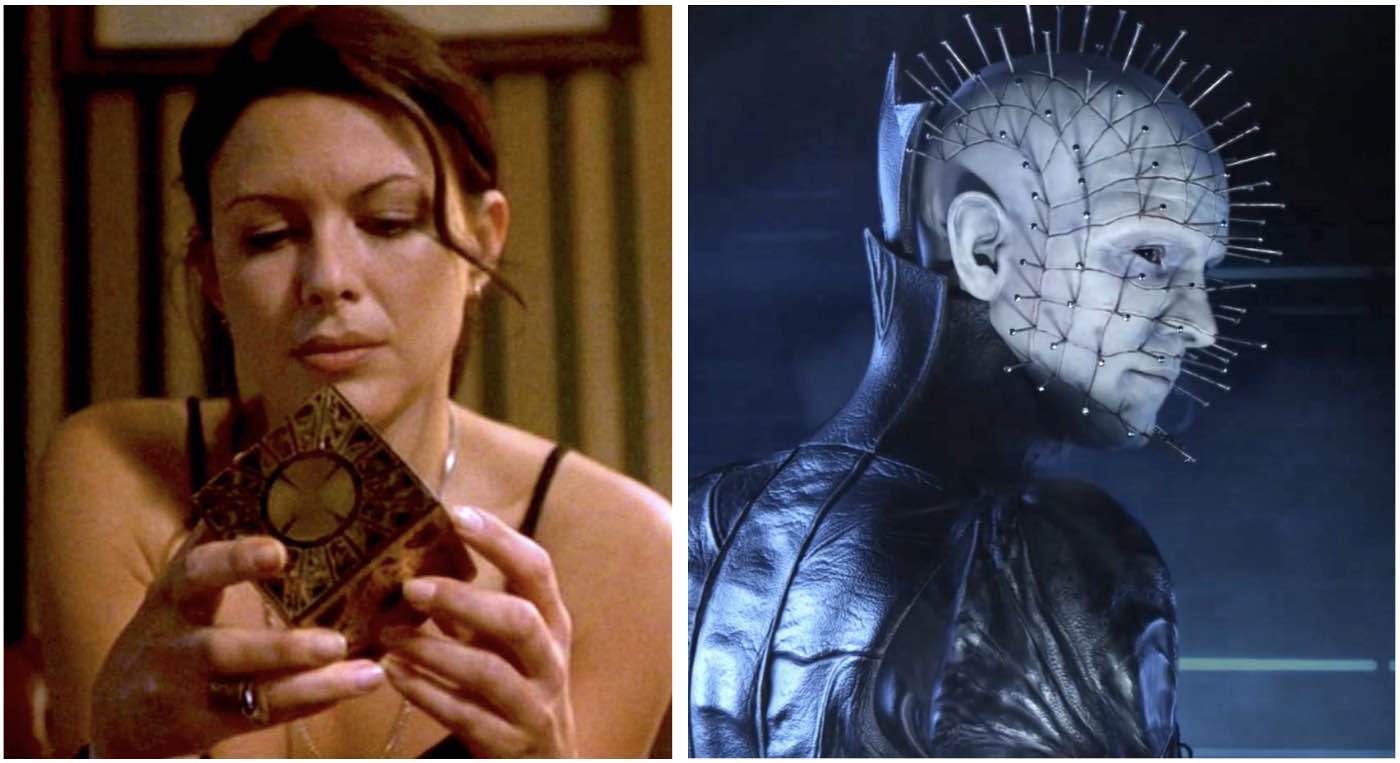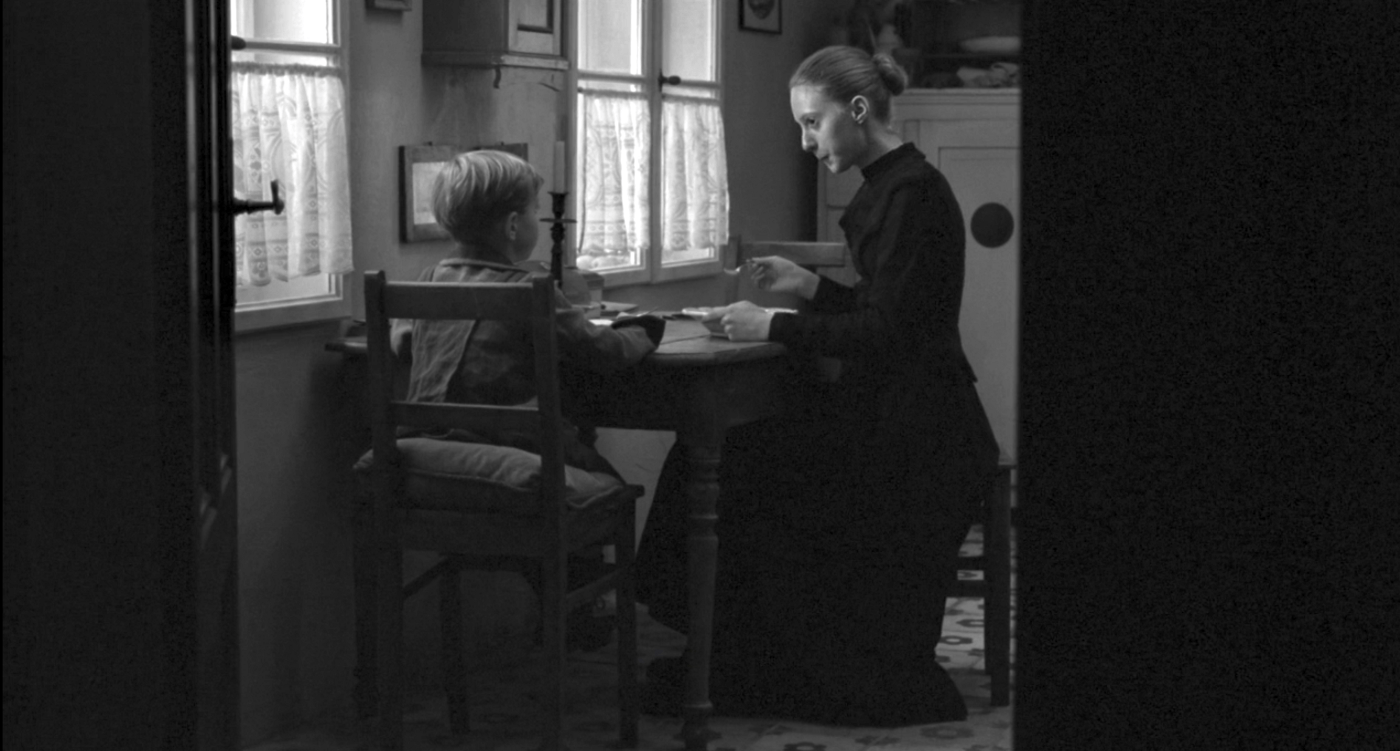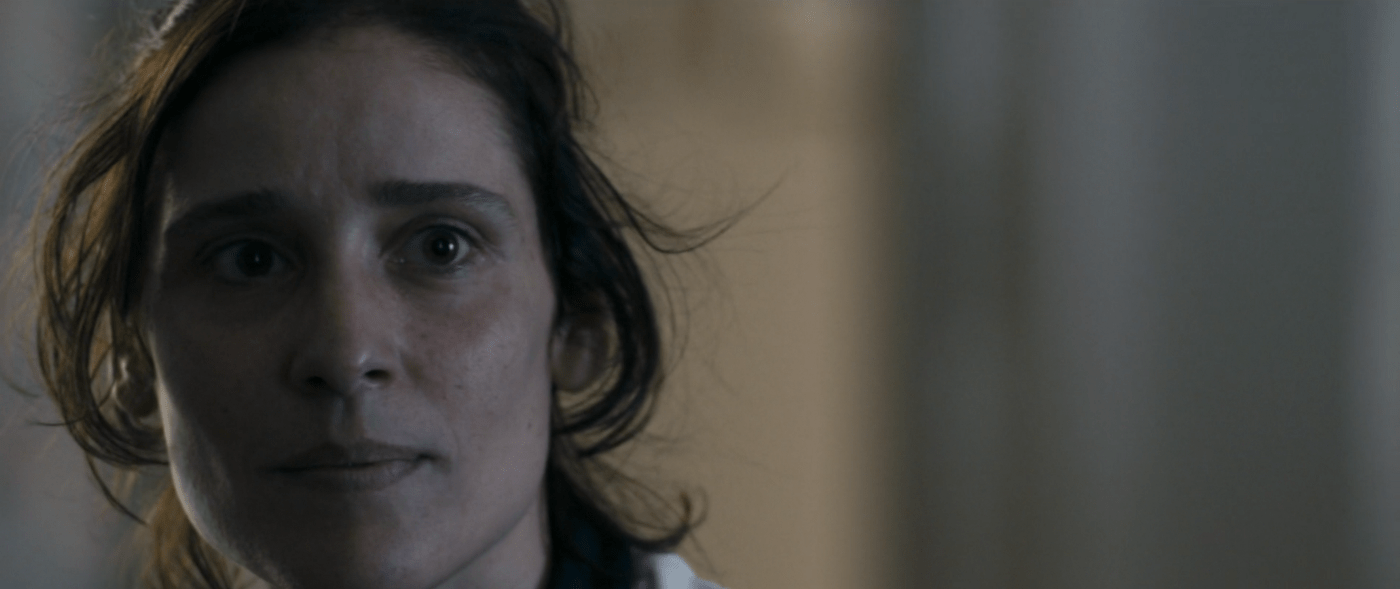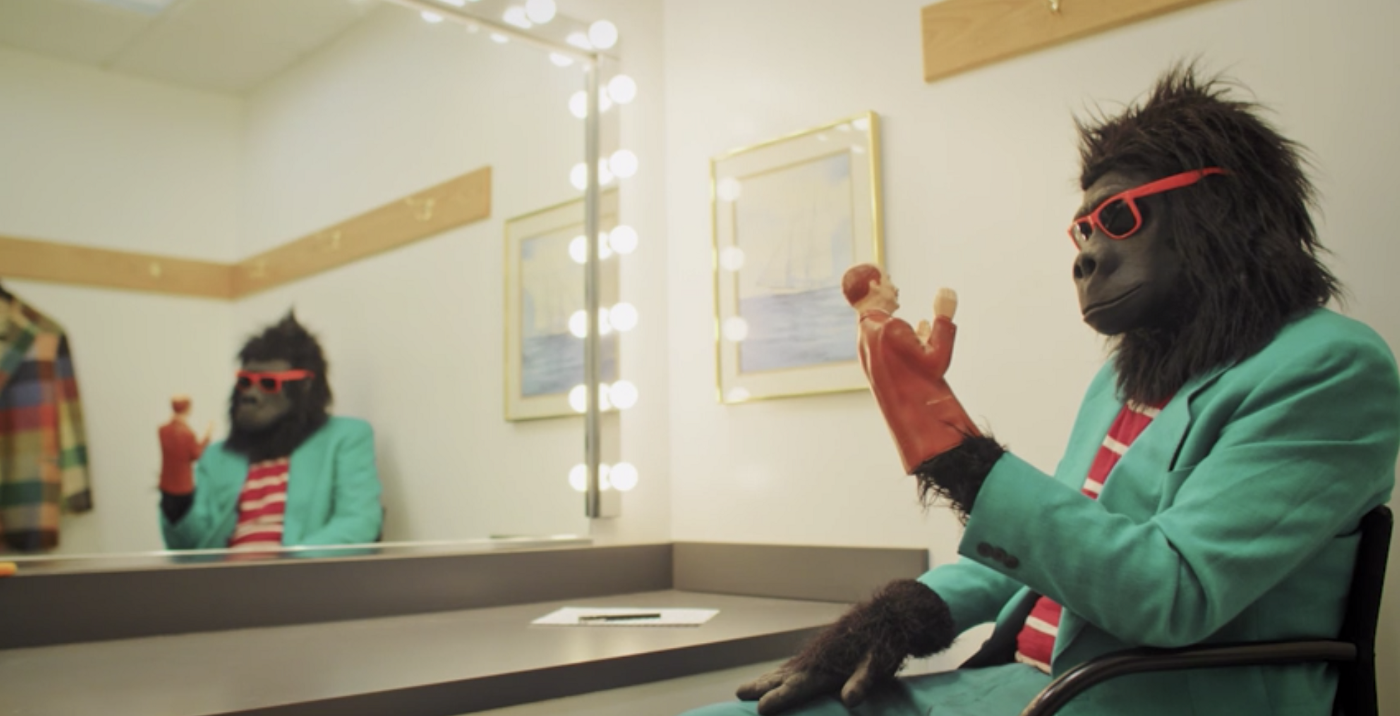
I don’t know what I can say or what anyone can say about Yasuzô Masumura’s movie Blind Beast except that it is pathological. I don’t know if it is a good movie, or a bad movie, or offensive or what, but it’s not like other films. I watch Masumura films because they are surprising, visually innovative, and rich, but this one is hard to describe.
I can tell you the premise and the setting. A blind sculptor kidnaps a pretty young woman and brings her back to his secluded studio where he intends to sculpt her. This of course involves molesting her but he believes he is fulfilling his destiny to invent a new tactile-based art form. She wants no part of it and tries repeatedly to escape. That describes most of the plot but it’s the location that pushes the whole film into pathology. It all takes place in the sculptor's secluded studio. What’s so special about his studio you ask? Well, it is an enormous dimly lit room with the walls ceiling, and floors all painted black. Covering all the walls are giant sculptures of body parts. Dozens of arms, breasts, noses, belly buttons all tumbling out into the room. The room itself is occupied by two giant-sized statues of naked women. Each one is just a little smaller than the Statue of Liberty.

Almost all of the film transpires on top of these two naked women and in front of the clusters of eyes and lips, and feet all hanging on the walls. There is absolutely no color save a few of the statues’ nipples and the flesh of the two main characters Aki the model and Michio the sculptor. There is one other character which is the blind sculptor’s mother, we never learn her name.

In an attempt to escape Aki convinces Michio that his mother has infantilized and emasculated him with her smothering love and what he needs is the sexual love of a woman. The majority of the film is the tense machinations of these three vying for dominance. It’s a tight, psychosexual tangle charged with the ever-present threat of violence, sex, and/or suicide.

The film is essentially a descent into madness narrative where eventually the mother falls away and we watch Aki and Michio driving each other into an insane frenzy of love sex, and pain. It’s a little like The Realm of The Senses if it was made by Wes Craven.
Spoilers Ahead
Aki and Michio become obsessed with tactile experience and their explorations into sensation begin to blur the line between pleasure and pain. They are desperate for stimulation and they keep upping the ante until they simply destroy each other. There is a heady message about the dangers of hedonism and obsession. The idea goes back to Freudian psychology. For Freud our subconscious ids make no distinction between love and hate, sex and violence, it is all just a seething cauldron of urges and animal instincts. This model of the mind no longer holds sway in the psychology of today but it is a depiction of early twentieth-century romanticism. They believed humans were beasts held back by the delicate thread of civilization that could snap at any moment.
Watching these two characters lick, and bite and stab each other invites the audience to indulge in voyeuristic fantasies where we can exact a vicarious thrill from behaviors that are thrilling, shocking, and would destroy us if we allowed them.

Watching Blind Beast which came out in 1969, one can’t help but think of Clive Barker’s Hellraiser which came out almost 20 years later in 1987. In Hellraiser playing with the magic box, a symbol for masturbation, invites the Cenobite demons who will consume you with both pleasure and pain. In addition, the love affair between Julia and Frank is a destructive obsession that must be fed with blood and madness. Hellraiser relies on the supernatural to fuel its terror which in its way defers the depravity and places some of the blame on the demons, but Blind Beast makes no such allowances. All of the degradation is driven by the human mind. Worse than the devil, worse than the darkness primeval is our own insatiable depravity.

Yasuzô Masumura’s filmography is impressive. He can make wild and unpredictable films that will rattle you to your core but he is also capable of much more straightforward and conventional films. It seems impossible that the man who made Hanzo the Razor also made Blue Sky Maiden. Blue Sky Maiden is a super sweet bordering on saccharine drama with a feel-good ending and a pretty, young heroine. Watching it after watching one of Masumura’s grittier films is an exercise in mental dissonance.

Masumura’s resume is impressive as well. He studied film in Italy at Centro Sperimentale di Cinematografia and worked with Antonioni, Fellini and Visconti. Back in Japan, he worked with Mizoguchi. This pedigree shows in his film craft. The look and feel of his films are unique. He is willing to take risks with theatrical lighting and exaggerated color which could easily fall into camp or comedy but he is able to wield the theatricality to great effect. His compositions are bold and angular. They cut up the screen into jagged interlocking shapes. It takes courage and skill to pull off such a high level of artifice.
Masumura’s films have their trashy elements as well. They can be prurient and pulpy, but when they are at their best the startling and strange nature of both their form and content buoys them out of the ordinary and into a place where they exist on their own and have to be encountered on their own terms.

If you enjoyed this you really should check this one out too -
https://filmofileshideout.com/archives/the-hanzo-the-razor-trilogy



